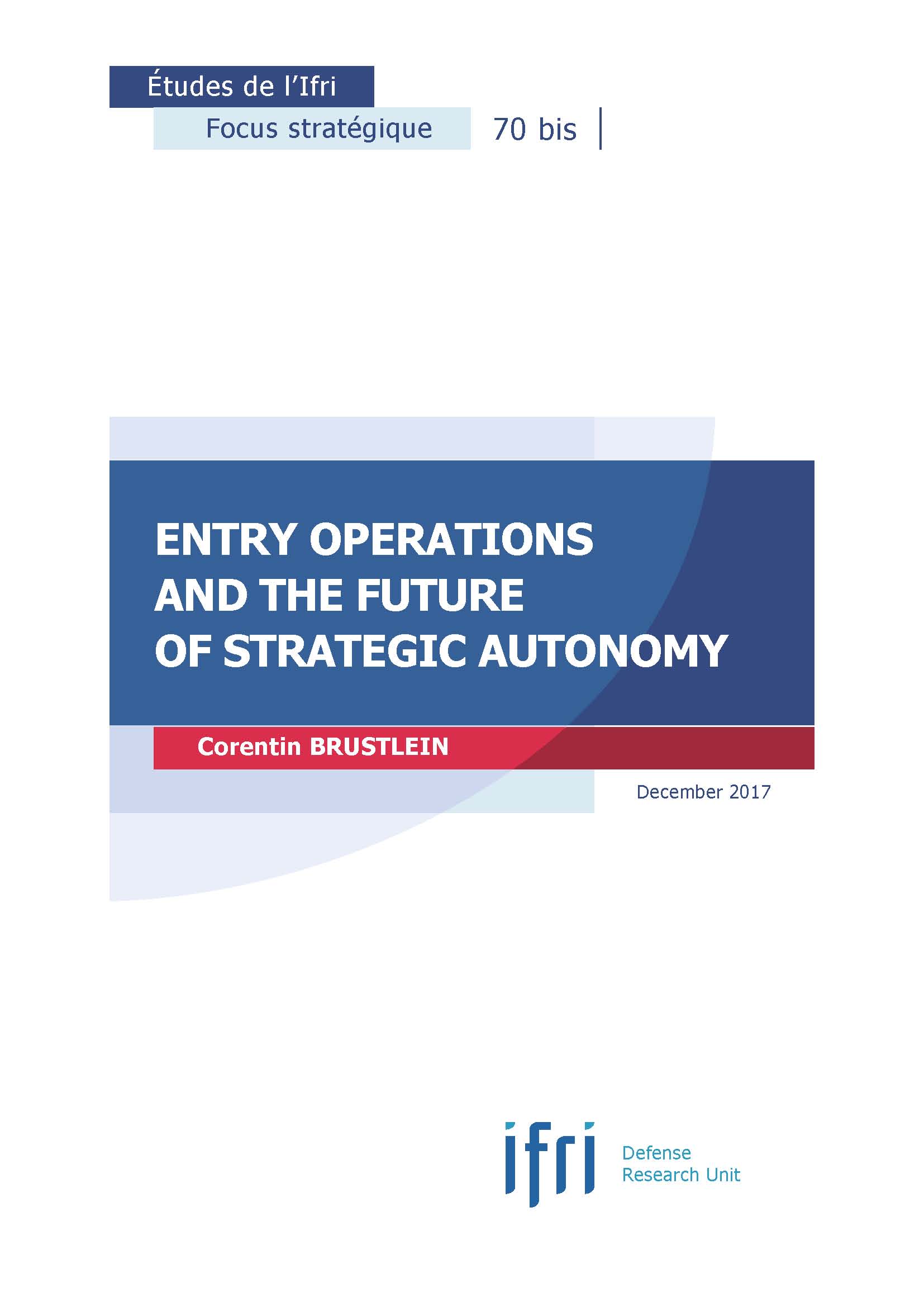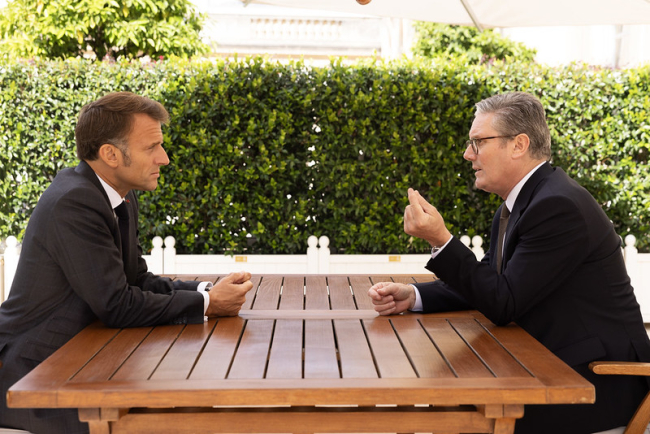Entry Operations and the Future of Strategic Autonomy

The ability to penetrate remote and contested theaters of operation is a crucial asset for any expeditionary military power.
France’s ambition to autonomously conduct entry operations is central to its defense policy and singular among Western countries. This stems from an array of historical, political and military factors, among which the will to attain strategic autonomy was and remains critical. During recent operations, France demonstrated the extent to which it has a set of unique capabilities and know-how, even amongst European states. These assets increase French freedom of action during foreign operations and strengthen its leverage in multinational campaigns. However, the spread of increasingly sophisticated weapon systems, such as anti-access/area denial (A2/AD) capabilities, undermines the French ability to operate autonomously. Hedging against this trend requires increased resources and tailored capability developments, in order to prevent France from losing strategic credibility, leverage, and autonomy.
This report was originally published in French in November 2016; its translation has been updated and published in December 2017.
Download the full analysis
This page contains only a summary of our work. If you would like to have access to all the information from our research on the subject, you can download the full version in PDF format.
Entry Operations and the Future of Strategic Autonomy
Related centers and programs
Discover our other research centers and programsFind out more
Discover all our analysesSaudi Arabia’s Nuclear Temptations. Lessons Learned from Regional Instability
Saudi Arabia’s integration in the international arena and regional stability, notably through reducing its dependence on fossil energies, are crucial elements for the success of the Kingdom’s Vision 2030, the Crown Prince’s top priority. However, Mohammed bin Salman’s declarations in 2018 and 2021, indicating that “if Iran develops a nuclear bomb, we will follow suit as soon as possible”, combined with the recent strikes on key Iranian nuclear facilities, do not bode well for the future of the Kingdom, the region and the non-proliferation regime at large.
The Future of Air Superiority. Command of the Air in High Intensity Warfare
Air superiority, understood as control of the air, is a cornerstone of the Western art of warfare. It is a decisive condition, albeit not sufficient by itself, to achieve military victory, as it enables the concentration of air power toward the achievement of wider strategic objectives and protects other components from unbearable attrition levels. It is best achieved through the offensive use of air power in a joint effort to neutralize the enemy’s air power.
Europe Uncovered?
As Russia continues to threaten Europe, the Trump administration is making no secret of its desire to withdraw—at least partially—from the defense of the Old
Continent in order to focus on strategic competition with China. It is thus putting pressure on its European allies to increase their investment in the military sector. The NATO Summit in The Hague in June 2025 resulted in ambitious commitments by member states to increase their defense spending.
How should Britain and France cooperate to realise the Northwood Declaration?
During his state visit to the United Kingdom (UK) last week, Emmanuel Macron, President of France, signed a joint declaration with Sir Keir Starmer, Prime Minister, on nuclear cooperation between Britain and France. The Northwood Declaration highlights that while both countries’ nuclear arsenals remain sovereign, cooperation on nuclear deterrence can ‘contribute significantly’ to the security of the North Atlantic Treaty Organisation (NATO) and the Euro-Atlantic region.












